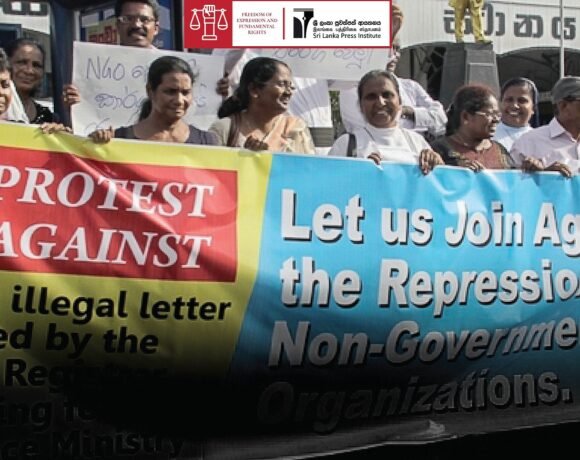Dhanushka Silva
The contradiction between the plurality of the international system and the universality of the human rights concept outlines the importance of other actors sharing the responsibility of human rights protection. The human security paradigm recognizes human rights to be a solidaristic concept where human rights are universal. However, conversely, the concept relies on the pluralist international society, where a society of states with vast diversities and differences exists. Hence, as J.J. Preece (Bain, 2006) notes, the idea of the equal dignity of individuals can downplay or even ignore ethnic, cultural, and religious distinctions of values that persist in the empirical world. An example includes the state of Saudi Arabia, where certain cultural and religious values may mitigate human freedoms and rights – especially for women. Moreover, political systems of an autocratic nature may disregard human rights despite the international norms of responsibility of protecting human rights. Thus, due to the diverse socio-cultural and political constituencies of states, they cannot be wholly vested upon to protect the rights of human beings that are essential for human freedoms, which is the driving factor of development (Sen, 2001). Henceforth, the protection of human rights should rely on a universal mechanism or an alternative to the principality of the state in order to guarantee such rights in a pluralistic state society. Stemming from this idea of universality, the United Nations (UN) is an organization accepted by a majority of member states in the international system, thereby its de facto legitimacy as a global governing body gives rise to a more viable mechanism of protecting human rights. The UNHRC serves this purpose as a part of the UN body, consequently highlighting its importance as a parallel principal actor in protecting human rights at a national level.
Thus, the UNHRC should be strengthened in order to ensure human rights to populations, given its universal nature within the UN. The UNHRC acts as a subsidiary member of the UN General Assembly (UNGA) and has 47 seats, where members of the UNGA elects delegates to office, considering the candidate states’ protection, promotion and contribution of human rights. Thus, as Hurd (2011) notes, the UNHRC lacks great power interests and controversy in imposing western values or inhibiting the sovereignty of states in the name of protecting human rights in relation to the Security Council. Hence, strengthening the UNHRC is of utmost importance in guaranteeing human rights to national populations. The ability to monitor reported violence against human rights, assess and observe communities at the grassroot level, monitor unreported human rights violations, and the norm of strengthening responsibility to protect (R2P) against authoritarian governments are all important aspects in this venture. Moreover, enhancing the abilities to enforce protection mechanisms and punish perpetrators is also of importance. Guaranteeing the human rights declared in national constitutions and enforcement of human rights law at the state level is a state responsibility. The UNHRC could act as a protection mechanism checking national governments in their human rights commitments and balancing potential threats to human security.
The importance of simultaneously strengthening the UNHRC alongside the state as principal protectors of human rights is vital. It must be done by looking into the vitality of protecting human rights and the role of the state in the past in enforcing human rights. This idea goes on to outline the inherent contradiction between the plurality of states and the universal nature of human rights, highlighting the problem of the state acting as the principal protector of human rights. Finally, the importance of the UNHRC’s role is essential, given its universal nature as a viable co-protector of human rights, checking national governments in sufficing their human rights commitments.









